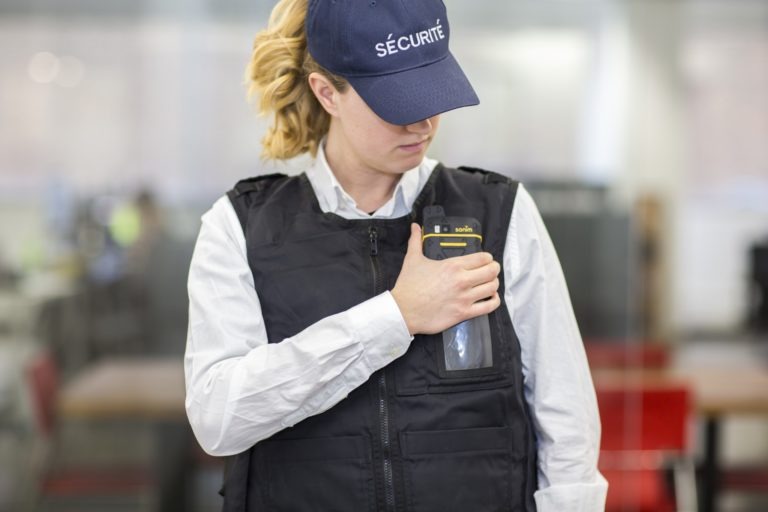In the security guard services sector, the most important driver of customer satisfaction, retention and upsell is meeting, and better still, exceeding, customer expectations. When you’re delivering security guard services that meet your customers’ requirements, and also demonstrate added value, you’ll be onto a winning formula.
Let’s take a closer look at some of the most common security service requirements your customers may have.
Visibility while on guard tour
While guards have a number of duties to fulfill while on guard tour, such as monitoring and reporting on checkpoints, at many facilities, a core role of a guard is to serve as a visible security presence. From a preventive security service point of view, often the mere presence of a guard is enough to deter people from attempting a burglary or other criminal activities.
To make sure your guards are an active, visible presence at your customers’ facility or event, you need to plan their guard tours accordingly to take maximum advantage of the deterrent factor of onsite security guard services.
Visibility is also important in the wider sense and closely linked to accountability. With the right tracking software, you can create detailed reports of your guards’ activities that support quality control, and also help demonstrate SLA compliance when you share this information with your customers.
Following protocols for incident response
While a guard’s presence can go a long way in preventing certain threats from materializing, they will still need to face and respond to incidents as part of their daily duties.
Security guard service users will expect you to select the right guard for the right security environment, which may call for specialist training or skill sets such as a first-aid, or customer service training, depending on the context.
It’s important to be able to keep track of specialized skills or certification, and their expiry (where applicable) to be able to meet your customers’ needs, and also fulfil any regulatory obligations.
When confronted with an incident, or more generally while sending reports from checkpoints, guards must be able to follow standard operating protocols allowing you to manage your security services by exception, with clearly defined processes for escalating and notifying security managers, customers and/or the relevant authorities, depending on the incident and the level of severity.
To this end, it’s important to consider guard tour planning and how you communicate the required actions at checkpoints, as well as reporting and the updating and communication of post orders.
Security guard front-desk duties
 In many facilities, security guards are also expected to fulfill what could be considered a customer service-oriented role.
In many facilities, security guards are also expected to fulfill what could be considered a customer service-oriented role.
For example, in addition to providing traditional security services, security guards often also act as front-of-house or reception staff in many government and corporate buildings. At times, they may be required to check in guests and employees and conduct physical searches of visitors.
Once again, being able to quickly refer to a pool of guard talent with the appropriate experience and training is key to meeting customer expectations. The right scheduling platform will allow you to efficiently match the right guards to these assignments and make sure you avoid any gaps in service that could arise from last-minute absence, or unnecessary overtime spending.
Proactive security guard services
Proactivity is what sets apart security service providers that simply meet customer expectations from those that
exceed them. Customers don’t want a security guard team that will only react to serious problems. They want a team that will help them avoid these problems in the first place.
Being able to collect and analyze your operational data is the first step towards adopting a proactive approach to your security services. By analyzing trends in incidents, you can spot opportunities to improve and expand your security guard services to align to the reality of your customer’s security environment. Proactive security and reporting that allows you to demonstrate the value you add will help keep your customers happy, and also enable you to build a reputation for quality services that will win you new work.



